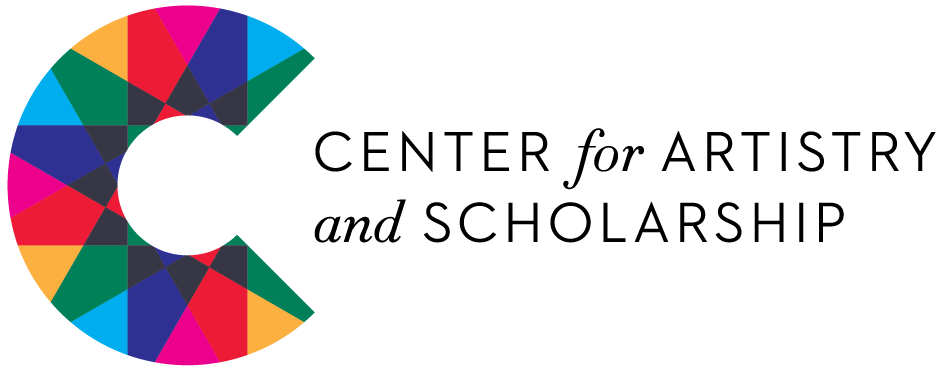New Publication! “Expanding Innovation and Equity for K-12 Schools in Massachusetts: Opportunities and Challenges”
Drawing by graphic artist Amber Torres
We’re pleased to share “Expanding Innovation and Equity for K-12 Schools in Massachusetts: Opportunities and Challenges,” a report on the findings of the Innovative School Design Incubator. Funded by The Boston Foundation, the Innovative School Design Incubator project ran from 2017-2019, enabling CAS to aid in the school creation process of four innovative Boston-area school design teams: Boston Collaboratory School, Equity Lab Charter School, Mission Hill High School, and Powderhouse Studios.
Despite years of hard work—including research, external funding, consultation with experts, piloting, and revision of plans and designs—none of these schools launched. These were not the results we expected. “Expanding Innovation and Equity for K-12 Schools in Massachusetts” describes the project, analyzes obstacles and opportunities, and offers guidance to future school developers. Through the close collaborations and relationships that CAS staff members fostered with these four design teams, we observed conditions in Boston and other districts in Massachusetts that presented significant, systemic challenges to opening new schools, even though Massachusetts offers pathways established to encourage innovation.
With our teams’ experiences in mind, we also interviewed a wide range of stakeholders, thinkers, leaders, and influencers in Massachusetts K-12 education. We synthesized their insights, our design teams’ experiences, and our expertise to develop guidance, insight, and recommendations to four groups: school designers, school districts and municipalities, funders and advocates, and the Massachusetts Department of Elementary and Secondary Education (DESE).
The report concludes by offering recommendations for increasing access to equitable, inclusive, creative, and innovative educational options in Massachusetts and additional questions for study. And we also offer insight into the significant complexity of attempting to launch truly innovative schools within systems that by their nature inhibit innovation.
Innovative school design includes vexing contradictions and dilemmas, including a question we end with: How do we grapple with the belief that our current system, informed by habit and a narrow view of success, was not made for radical innovation—when radical is what our students need? Many such dilemmas surface in the stories we share about the Innovative School Design Incubator’s teams’ work, and we believe that understanding these helps us think through systemic challenges so we can be better prepared to create the engaging, equitable, and future-focused schools that the Commonwealth’s young people deserve and require.
“Expanding Innovation and Equity for K-12 Schools in Massachusetts: Opportunities and Challenges” was authored by Jill Davidson (former CAS Program Director) and Linda Nathan (CAS Executive Director) with research and editorial support from Giovany Morales-Ramos and Lucy Griswold. We extend our thanks to Allison Chow for editing help and Gretta Olton for design work, and we are grateful to Elizabeth Pauley and Antoniya Marinova of The Boston Foundation for funding and guidance during the course of the Innovative School Design Incubator project.

